Accountability for your practice
Many of you will have associates in your practice, perhaps spread across multiple practice locations. The benefits available from effective clinical notes will only be achieved if everyone in your practice is committed to the approach you decide on. There’s no use having your personal notes recorded effectively if your associates aren’t doing theirs. If nothing else, regulators and health insurers will hold you responsible for the completeness and accuracy of your notes, even if you didn’t personally see the patients.
In addition, understanding and legibility of notes comes into play much more often in a multi-practitioner practice. In some countries it is a regulatory requirement that your notes can be read and understood by any practitioner who picks them up. In a multi-practitioner practice it becomes critical to ensure continuity of care and patient success.
Take action
We recommend the following to improve note recording across your practice:
Lead by example
Make every practitioner accountable for recording all their notes
Standardise note taking for legibility and understanding
Make reception staff responsible for reporting and follow up on note recording at the end of every shift
Add processes, reports and tasks to make sure it is easy to see when a note is missing
We already discussed actions four and five in our article on recording every note, so jump back there to refresh your memory.
Let’s discuss the first three actions in more detail.
Lead by Example
As the principal practitioner, or owner, of your practice you must lead by example. It’s hard to insist your associates keep up with their note taking if there isn’t a note for every consultation you have.
If you add some processes and reporting of note taking across your practice (see below) it will be obvious that you take note taking seriously and that everyone else should be doing so as well.
Practitioner accountability
At the end of the day every associate must be accountable for taking their notes. If there are missing notes then they own it (although you as the practice owner may wear it).
To ensure clear accountability take the following steps:
Add a clear note taking requirement to the job description you have for your associates. It should include both the need to take notes for every consultation, and to know what information should be recorded in each case.
Review note taking achievements with your associates in your weekly one-on-one sessions. Make a point of clarifying why any notes are missing.
Although not appropriate for all practices, you could add note taking as an element of an associates bonus. If notes are missing on a consistent basis then the bonus may be reduced. To be successful you will need to specify the correct tolerances for missing notes during the bonus period.
Set some expectations around note taking. You may decide that all notes must be recorded at the end of each consultation before a practitioner starts with a new patient. Or you may focus instead on having all notes closed out by the end of a shift or a day. Whichever it is, have a standard set of rules that applies to all practitioners, including yourself.
Standardise note taking
With multiple practitioners recording notes it is even more important to ensure legibility and understanding in note content. This is not only for when you read an associates note you’ll be able to understand it, but also to ensure that you are meeting the regulatory requirements for note taking clarity across all the practitioners in your practice.
We discussed legibility and understanding in the Other Note Taking Considerations section of our article on recording the right details for your notes if you’d like to refresh your memory.
To improve the legibility and note understanding it is important to standardise all the codes and terms you use across your practice. The following areas are a great starting point for standardisation.
If abbreviations are used in your practice you should have a master index of them all and a description of what each code means, regardless of who in your practice is using them
There may be multiple words which can be used to describe patient information and treatments, where practitioners use different words for the same detail you should standardise your practice on a single word and meaning
To give you a starting point here are some areas which should be reviewed, there may be others depending on your profession:
Treatment shortcut codes
Patient complaint names
Patient goals
Test names
Muscle, limb, organ, cranial and other body part names
External service names for referrals
Product/supplement names
Home care recommendation names
Exercise names
Ensure all practitioners have access to the master index of all abbreviations in use in the practice
Schedule a review once a quarter to ensure that everyone is using the correct terms and abbreviations, this should include reviewing a sample of notes
Where possible build standard abbreviations into your paper or electronic notes so that they can be selected rather than being individually written, it’s one of the most effective actions you can take to drive standardised note taking
If you send notes outside your practice provide the list of abbreviations so that your notes are clear to the recipient practitioner
Take your time
There are a number of recommendations here, and this is only one of the five tenets of effective clinical note taking that we are covering. Take your time as you add these and other changes to your practice. You may find that just standardising your note taking treatment short cuts will substantially improve note legibility and patient outcomes.
Want to learn more
This article is part of the series “Effective clinical note taking for Allied Health practitioners”. Please see the other emails in the series for further details and recommendations. If you were sent this link directly and want to subscribe to the whole series, please sign up.
